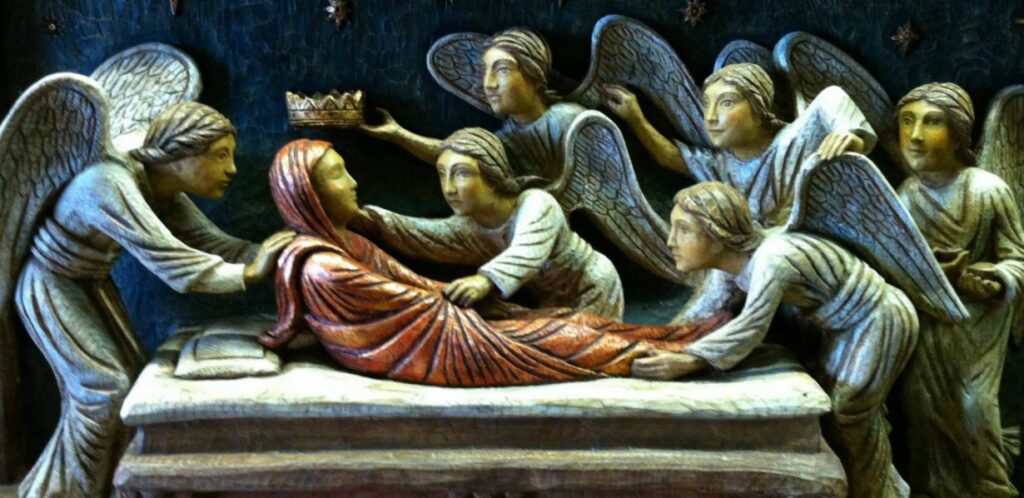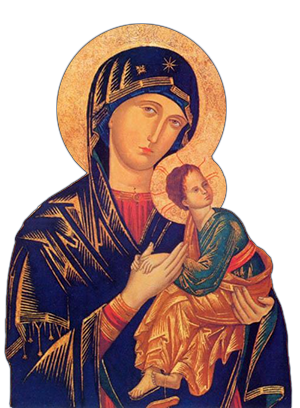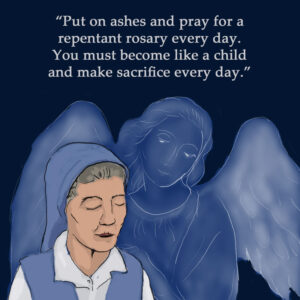St. Juvenal before the Council of Chalcedon

There is nothing in the holy, inspired Scripture about the death of Mary, the holy Mother of God; but we know from ancient and wholly reliable tradition that at the time she so gloriously fell asleep, all the holy Apostles, who were traveling the world for the salvation of the peoples, were lifted up in a single instant of time and were gathered at Jerusalem; and as they stood by here, they saw a vision of angels, and heard the divine chanting of higher powers. So it was that she gave her soul, in an ineffable way, into God’s hands, surrounded by the glory of God and all heaven. Her body, which had been God’s dwelling place, was brought for burial amidst the singing of the angels and the Apostles, and laid to rest in a coffin in Gethsemane; and the angelic dancing and singing continued without pause in that place for three days. But after three days, the song of the angels ceased; the Apostles were there, and since one of them–Thomas–had not been present [for her burial] and came at the end of three days, and wished to reverence the body which had housed God, they opened the coffin. And they could not find her body, which had been the object of such praise; all that they found were her burial wrappings. And being overcome by the ineffable fragrance that came out of the wrappings, they closed the coffin again. Amazed by this miraculous discovery, they could only draw a single conclusion: the one who had deigned to become flesh in her own person, and to take his humanity from her, the one who willed to be born in human flesh as God the Word, the Lord of glory, and who had preserved her virginity intact even after childbirth, now chose, after her departure from this world, to honor her immaculate and pure body with the gift of incorruptibility, and with a change of state even before the common, universal resurrection.
St. Juvenal, archbishop of Jerusalem, before the Council of Chalcedon of 451, as quoted in Euthymian history



